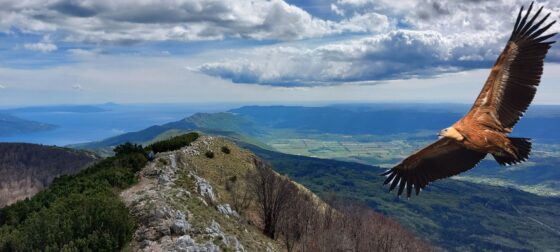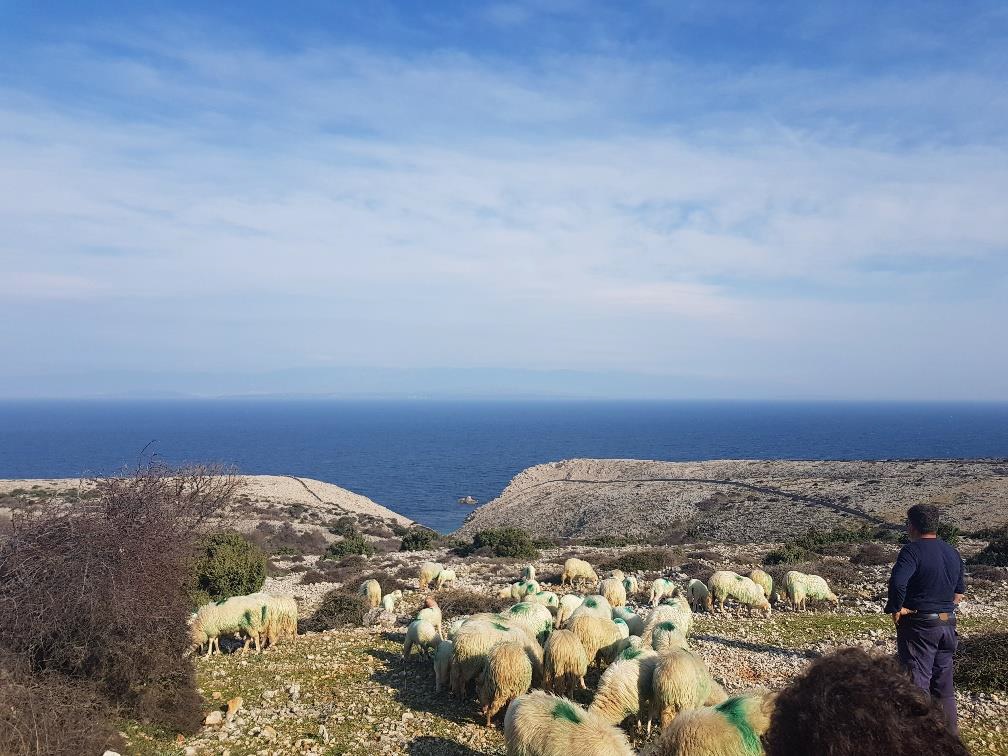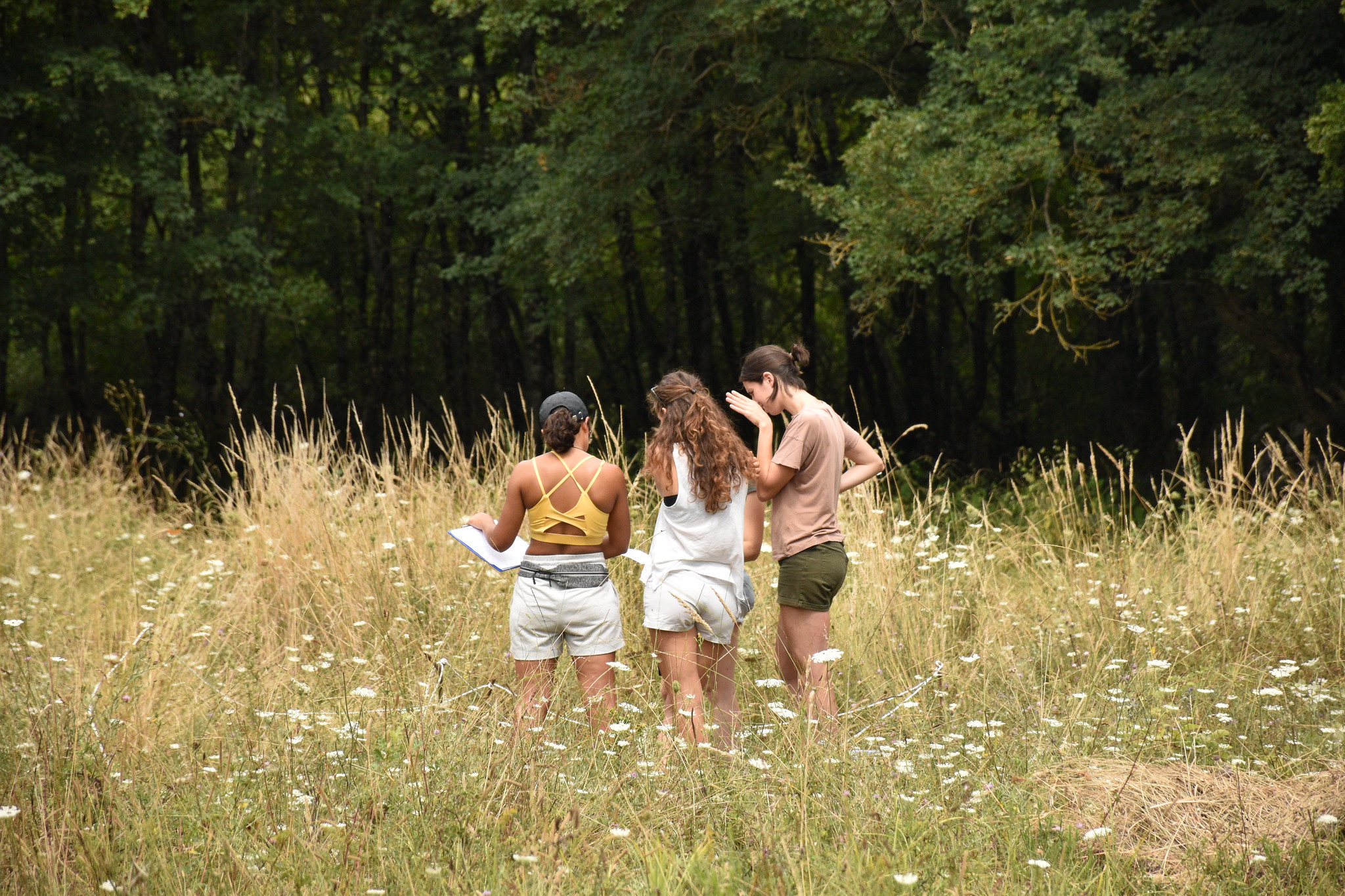This workshop brought together international experts from various parts of Europe where they successfully installed small-scale communal feeding stations for vultures.

The lack of food for vultures in the wild, potential solution in opening small feeding stations, and managing that while taking into account EU limitations on leaving carcasses in nature – was the main topic of the international workshop “Best practices regarding the implementation of the EU sanitary regulations in nature conservation” held 18th – 19th April 2024 in Opatija, as part of LIFE SUPport project.
The goal and purpose of the workshop was to bring together international experts from various parts of Europe who successfully set up communal feeding stations for vultures within both national legal requirements as well as EU regulations 1069/2009 and 142/2011 which are regarding public health regulations on disposal and use of animal by-products.
The workshop was organised by Vulture Conservation Foundation (VCF) with help from project coordinator BIOM Association, and project partners Public Institution Prihoda, and Agricultural Collective Krk. Also taking part were LIFE SUPport project partners as well as associated partners Directorate for Nature Protection from the Ministry of Economy and Sustainable Development, representatives from DOOPS (Birdlife Slovenia), non-profit organisation REWILDING Velebit, Agroproteinka d.d., island development agency from Cres OTRA, representatives from the Rural Development Programme from the Ministry of Agriculture, representative from the Veterinary and Food Safety Directorate part of the Ministry of Agriculture, as well as guest speakers from Italy, Spain, Portugal, and Bulgaria who presented their own vulture feeding stations and how they aided the conservation of griffon vultures.
In addition to setting up large, fenced feeding stations with regular food delivery, a good example that somewhat imitates nature more closely is to establish multiple smaller feeding stations on farms, that would be supplied by the farmers themselves with animal by-products from their own farms.
One of the threats to the survival of the current griffon vulture population in Croatia is the lack of food found in nature due to less extensive agricultural activity in form of sheep and cattle rearing/herding. The current nesting population in Croatia is approximately 130 pairs and it connects the populations in the Alps (Italy) and Balkan. Despite the population being considered stable it is facing multiple threats in the area that could have a detrimental effect on this small population. LIFE SUPport project is managing threats to the griffon vulture population and in support of that it is a planned improvement of the existing feeding station on Cres and an establishment of a new feeding station on Krk.
It was established that the cooperation between the agricultural sector that is in charge of animal by-products and the nature conservation sector is very good and that there are no barriers to set up a feeding station on Krk. We expect this project to improve national policy for griffon vulture conservation, through nature conservation as well as veterinary regulations.
Translated by: Nika Vuletić






